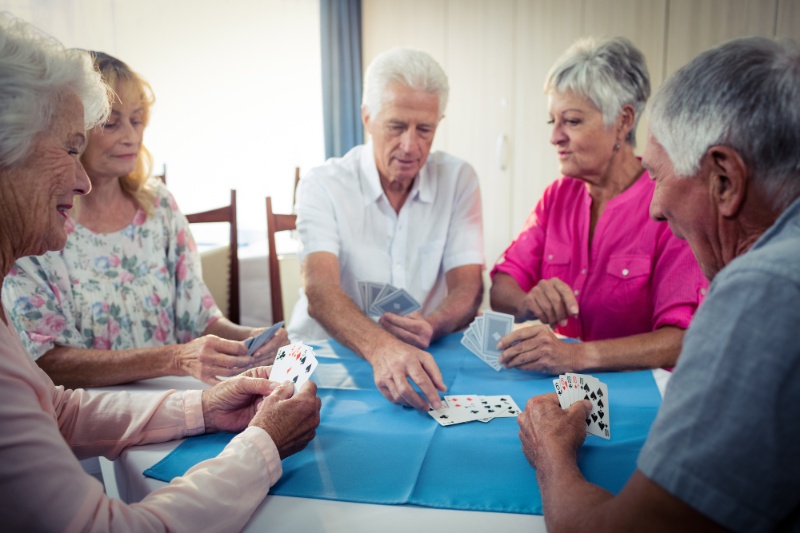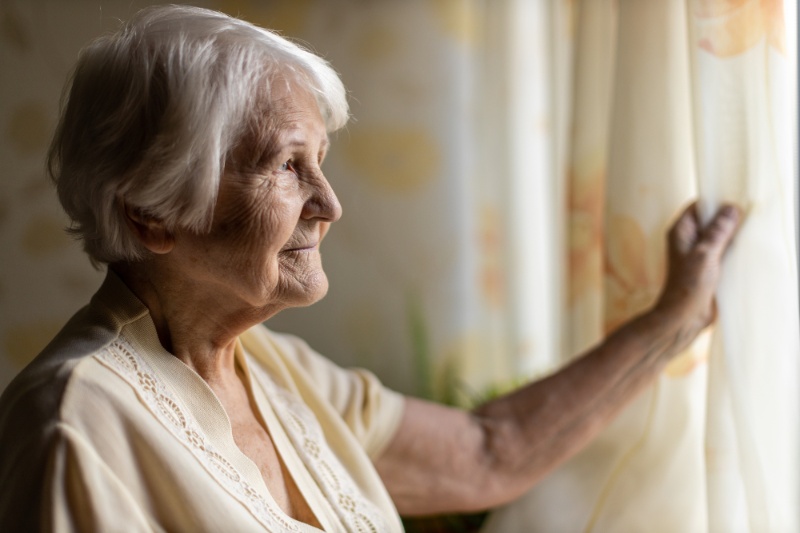The issue of loneliness in older people is unfortunately an all-too-prevalent one in today’s world. The reasons behind an older individual experiencing such isolation can be plentiful, but the most pressing concern is that such feelings can have significant effects on their well-being and overall health.
Sadly, the recent COVID-19 pandemic has exacerbated the situation, with a report by TILDA finding that since the pandemic, “increased isolation has resulted in an increase in loneliness across the population”. With this in mind, we examine how to prevent these feelings of loneliness to preserve the social and emotional well-being of our elder loved ones.
Loneliness in older people is truly pervasive
With loneliness emerging as a pervasive problem among older individuals, it is essential to address the issue by taking proactive steps to support older people in staying connected and engaged. It becomes particularly urgent when the often drastic impact of loneliness on a person’s mental and physical health is taken into consideration.
So, what can be done to prevent this silent threat?
Know the signs of loneliness in older people
Loneliness often goes hand in hand with mental health concerns, so one of the first ways to prevent it going forward is to spot the early signs. Be attentive to any indication of depression or anxiety in your loved one and encourage them to seek professional help when needed. Mental health services, support groups and counselling can provide invaluable assistance in addressing loneliness and associated emotional challenges.
Maintain continuous communication
Regular communication is crucial in preventing loneliness. We all live busy lives, but taking the time to ensure an older person maintains important relationships with family members and friends can be a hugely effective preventative measure against feelings of isolation.
Help them to achieve this by encouraging regular visits, phone calls and video chats. With a significant percentage of older adults now adept at using smart devices following the pandemic, it has never been a better time to maintain meaningful communication with those living alone.

Encourage socialising with peers
Where possible, encouraging your older loved one or client to engage with their local community, particularly with people of their age group, can give them the confidence and the gentle nudge they may need to get back out there safely after the pandemic. Engaging with peers who share common interests can foster friendships, combat isolation and provide a sense of belonging.
Another avenue to take is to research community centres and senior social groups that offer activities tailored to their interests. Exercise classes, hobby groups or educational workshops are also proactive means of combating loneliness and nurturing cognitive stimulation.
Secure home help services
For older adults living alone, home help services can represent valuable support and companionship. Trained care workers can assist with various tasks such as meal preparation, light housekeeping and transportation, to social outings and appointments; all of which equip older adults with practical assistance while also providing companionship and the opportunity to engage in meaningful conversations.
Ensure your older loved one is cared for with our Home Help Services
At Blanchardstown and Inner City Home Care, we understand the detrimental impact of loneliness on older individuals’ health and well-being. Our Home Help Services are designed to support independent living and alleviate the heavy burden of isolation often experienced by our older population.
Ensure that your older loved one receives the care and companionship they deserve by exploring our Home Help Services. Contact us to find out more about how we can support independence while fostering friendship, and be sure to also visit our blog for additional news and advice on providing the best care for older adults.


